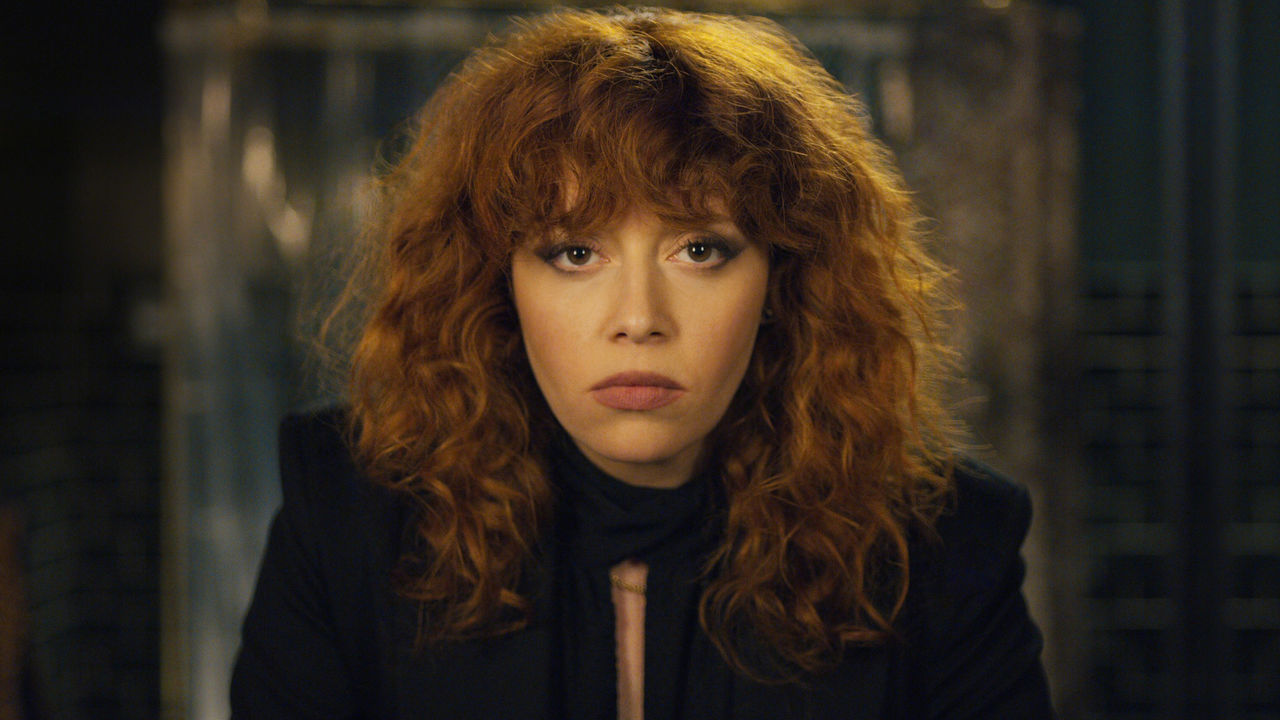Modern life is horrible. We go to our unsatisfying jobs, day in and day out, maybe go to the pub, meet up with a few friends, wrestle with our immensely traumatised psyches, and then do it all over again, every day until we die. That’s (essentially) the premise of Netflix’s latest series, Russian Doll.
Oh, and there’s also the whole thing about the protagonist Nadia (Natasha Lyonne) being stuck in a time loop à la Groundhog Day.
If we’re comparing, then the show’s creators, Lyonne, Amy Poehler (Parks and Recreation) and Leslye Headland (Sleeping With Other People), actually somehow manage to pull off the time loop conceit better than Groundhog Day, widely considered to be the genre-defining time-loop comedy.
Part of the reason why is that Russian Doll is just quite a bit cleverer than Groundhog Day was, and without as many problematic implications; while the film used the device for Bill Murray’s character to figure out the optimal way to get co-star Andie MacDowell to fall in love with him, trial-and-error style, Russian Doll uses it to bolster its central theme and ideas.
Stuck at her never-ending birthday party, at one point, Nadia decides to just give in and get wasted on drugs and booze instead of trying to get out of the time loop. It’s an apt, if a little on-the-nose, metaphor for the way she deals with her normal life; she turns to unhealthy coping mechanisms and, day after day, finds herself trapped in a cycle of self-destructive behaviour and avoidance, not willing to confront her real issues.
None of this mean anything if it weren’t well-constructed, well-acted or well-produced, but it’s all those things and more. Lyonne is hilarious, her sarcasm and dry wit shining through each episode. The writing is sharp, never failing to point out the situational humour in the absurdities of modern-day life in New York; that’s expected, given Amy Poehler’s contribution to the show. It’s a joy to watch, too, with great use of colour and sets making each scene fun to just look at.
Above all, it’s the charm of the show which makes it more than the sum of its (already excellent) parts. At 25-ish minutes-long per episode, it’s also perfectly binge-able.
Mikhail Hanafi
Image: Netflix

